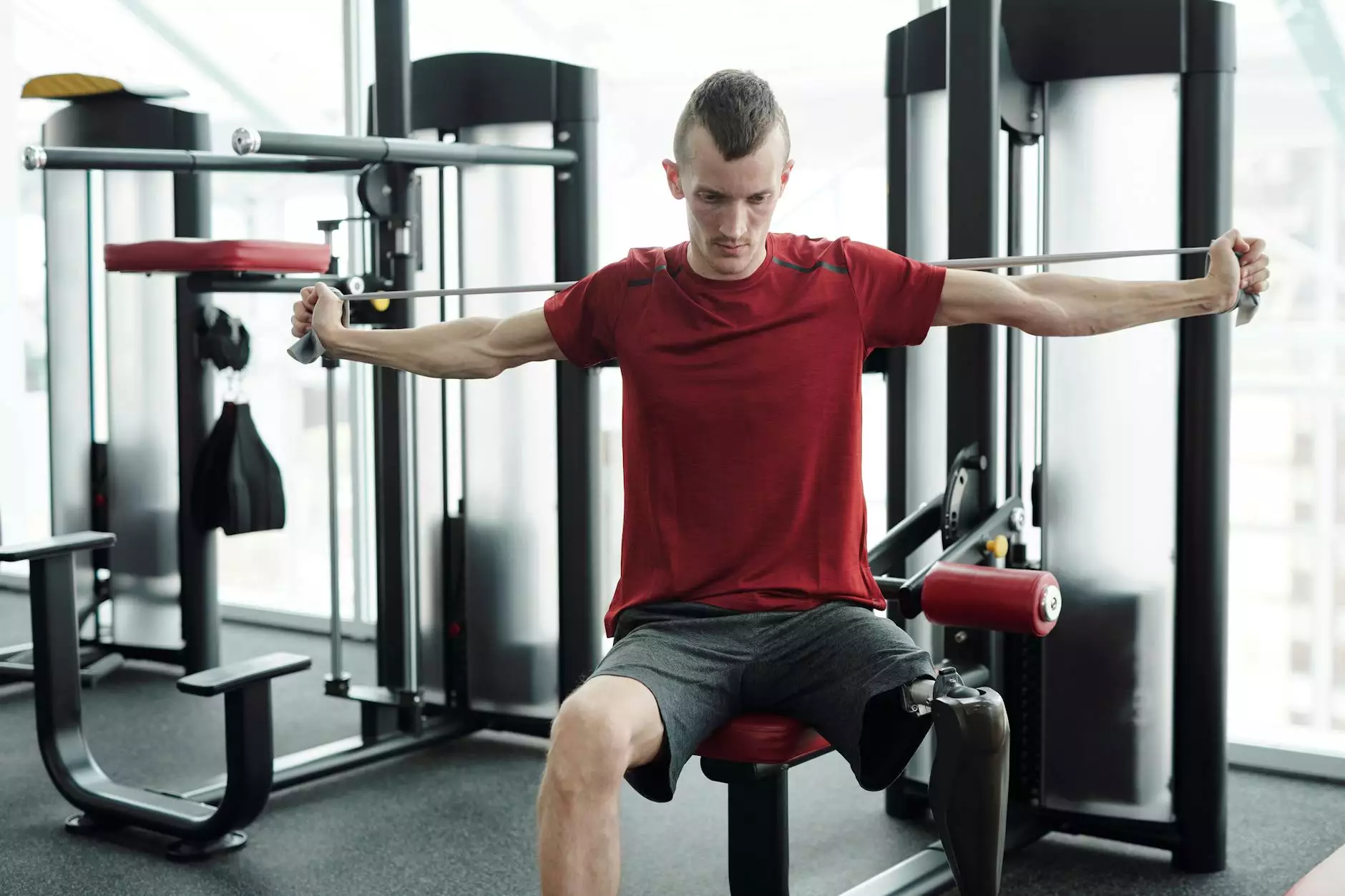Pilates Physiotherapy: Elevating Recovery and Wellness

Pilates physiotherapy is gaining immense recognition in the realms of health and fitness, particularly for its dual role in rehabilitation and injury prevention. This method, rooted in the principles of Pilates, emphasizes core strength, flexibility, and overall body awareness, making it a powerful tool for both physiotherapists and patients. In this article, we will explore the various facets of pilates physiotherapy, its benefits, methods, and why incorporating it into your health regimen is essential.
Understanding Pilates Physiotherapy
Pilates physiotherapy combines traditional physiotherapy techniques with Pilates principles to create a comprehensive approach to rehabilitation. This holistic practice focuses not only on healing but also on enhancing overall physical performance. By addressing both the mind and body, pilates physiotherapy fosters a safer and more effective recovery process for various musculoskeletal issues and functional impairments.
The Principles of Pilates
Pilates is founded on several key principles that serve as the backbone of any effective practice. The essential elements include:
- Concentration: Engaging your mind during exercises enhances body awareness.
- Control: Every movement should be controlled to ensure safety and effectiveness.
- Centering: Focusing on the body’s core is key to building strength and stability.
- Precision: Accurate movements yield better results.
- Breath: Proper breathing techniques promote relaxation and efficiency.
- Flow: Movements should be smooth and integrative, enhancing the overall execution.
Benefits of Pilates Physiotherapy
Engaging in pilates physiotherapy offers a versatile array of benefits, particularly for individuals recovering from injuries or managing chronic conditions. Here are some of the most impactful advantages:
1. Improved Core Strength and Stability
The core is the foundation of all movement. Pilates physiotherapy emphasizes strengthening the core, which can lead to improved balance, stability, and overall functional movement. This is particularly beneficial for individuals recovering from back pain or spinal injuries.
2. Enhanced Flexibility
Many patients experience tightness in muscles due to injuries or sedentary lifestyles. Through controlled stretching and movement patterns, pilates physiotherapy improves flexibility, promoting better range of motion and reducing the risk of further injuries.
3. Injury Rehabilitation
Physiotherapists often use Pilates to aid in rehabilitation. The gentle yet effective movements help alleviate pain, reduce inflammation, and promote healing after injuries. Specific Pilates exercises can be tailored to target the injured area while simultaneously working on overall body strength.
4. Mind-Body Connection
The practice of Pilates inherently encourages mindfulness. Increased awareness of body movements allows patients to understand their physical limitations better and develops a deeper connection between mind and body, facilitating overall recovery.
5. Pain Management
Many chronic pain conditions can benefit from pilates physiotherapy. The gentle, low-impact nature of Pilates helps in managing pain levels while increasing strength, thereby enhancing quality of life.
6. Posture Correction
Poor posture can lead to various physical ailments. Through targeted exercises, pilates physiotherapy helps in correcting posture, which can alleviate chronic pain, enhance breathing, and improve overall well-being.
Integrating Pilates Physiotherapy into Your Treatment Plan
1. Assessment and Customization
A thorough assessment by a qualified physiotherapist is essential to tailor a Pilates program suited to your specific needs. Various factors, including injury history, fitness levels, and personal goals, will influence the development of your personalized Pilates physiotherapy plan.
2. One-on-One Sessions
Individual sessions allow for focused attention, ensuring that exercises are performed correctly and safely. A physiotherapist can provide immediate feedback and make necessary adjustments to optimize your practice.
3. Group Classes
In addition to personalized sessions, many clinics offer group Pilates classes that incorporate physiotherapy principles. These classes can foster a supportive environment and allow individuals to experience the benefits of Pilates in a communal setting.
Common Conditions Treated with Pilates Physiotherapy
Numerous conditions can be effectively managed through pilates physiotherapy. Some of these include:
- Back pain: Pilates exercises can strengthen the back and core to alleviate pain.
- Neck and shoulder injuries: Targeted movements can improve mobility and reduce stiffness.
- Post-surgical rehabilitation: Tailored exercises can facilitate recovery post-surgery.
- Sports injuries: Pilates helps regain strength and flexibility necessary for sports performance.
- Chronic pain conditions: Helps manage symptoms associated with conditions like fibromyalgia.
Challenges in Implementing Pilates Physiotherapy
While the benefits are substantial, there may be challenges to integrating pilates physiotherapy. These can include:
- Access to qualified practitioners: Ensuring that your physiotherapist is trained in both Pilates and physiotherapy is crucial.
- Patient motivation: Recovery takes time; maintaining motivation can be challenging for some.
- Financial costs: Depending on your health insurance, out-of-pocket expenses for physiotherapy can be a concern.
The Future of Pilates Physiotherapy
As healthcare continues to evolve, the integration of pilates physiotherapy into treatment plans is expected to grow. Ongoing research into its effectiveness will further solidify its role as a valid rehabilitation modality, encouraging more practitioners to incorporate its principles into their practices. The demand for skilled professionals who can merge these disciplines will also increase, promoting higher standards of care and innovative treatment approaches.
Conclusion
In summary, pilates physiotherapy is a valuable approach that combines the strengths of Pilates and physiotherapy to offer effective rehabilitation and wellness solutions. Its emphasis on core strength, flexibility, and the mind-body connection makes it a comprehensive practice that can benefit individuals across various spectrums of health needs. Whether you are recovering from an injury or looking to enhance your overall physical capabilities, working with a qualified physiotherapist trained in Pilates can help you achieve your goals and promote lasting well-being.
For those in Singapore, visiting hellophysio.sg will connect you with experienced professionals who specialize in pilates physiotherapy, ensuring you receive the highest standard of care tailored to your individual needs.









